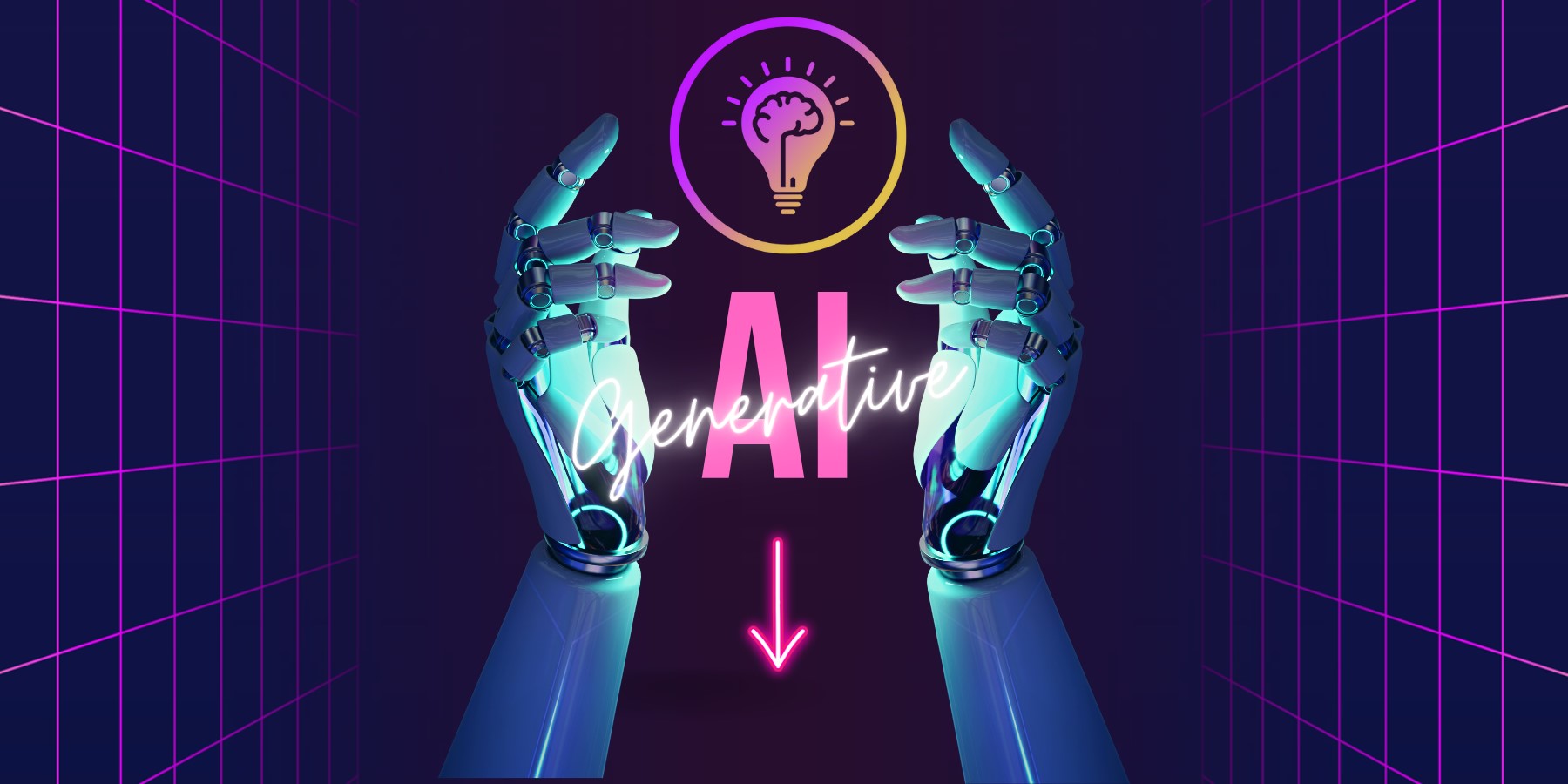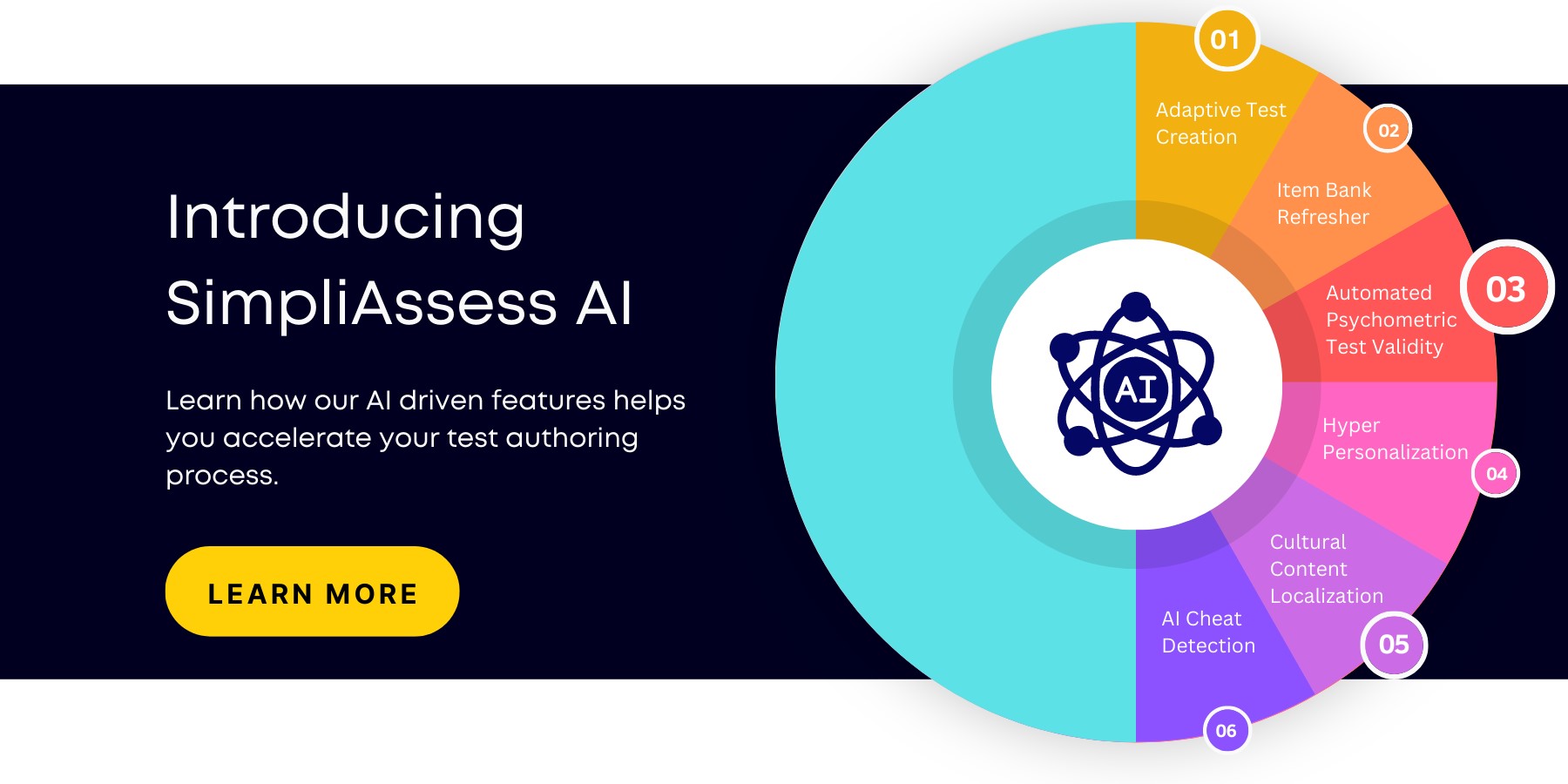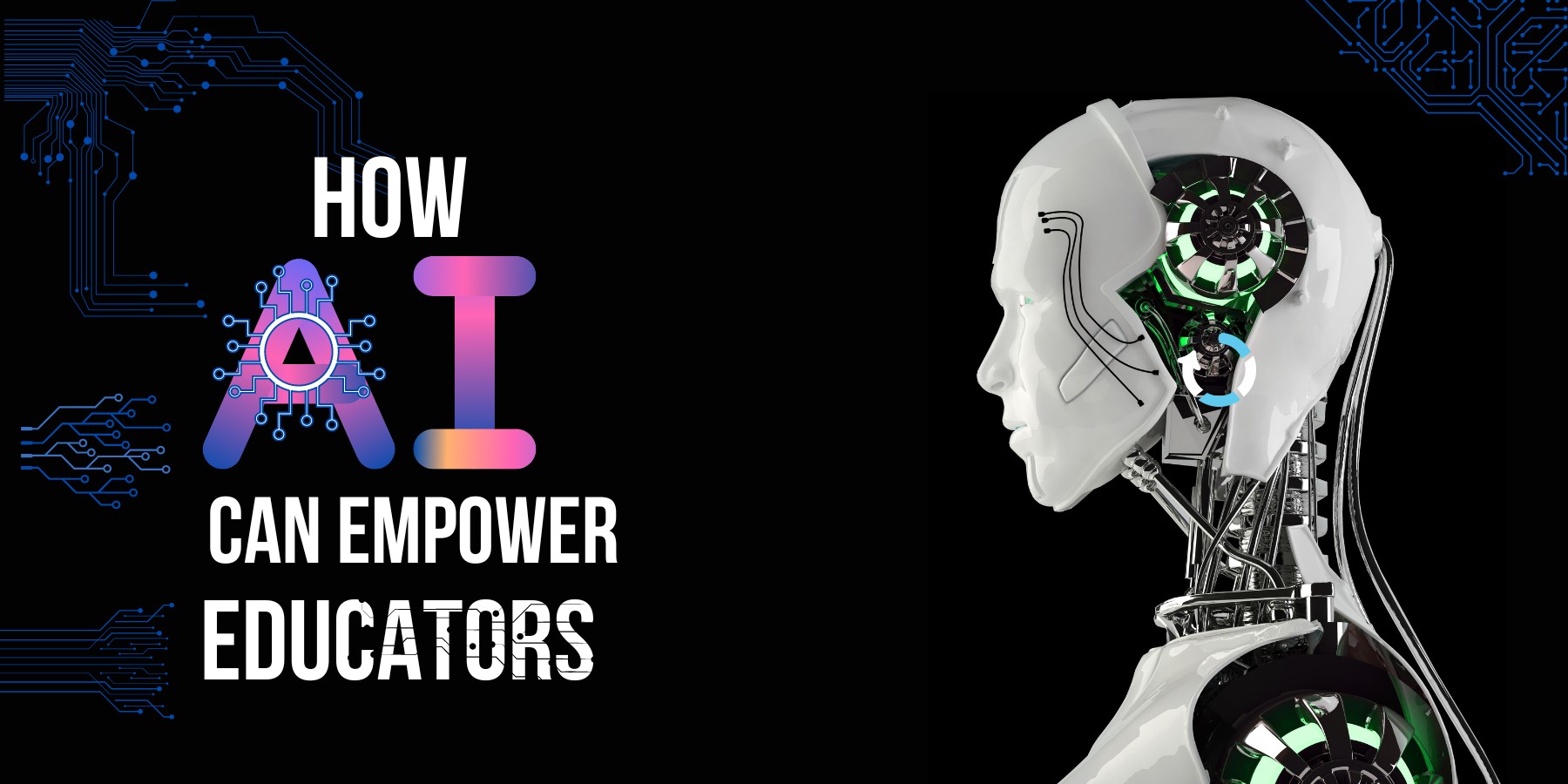
The Future of Online Assessments: Harnessing Generative AI for Test Content
As technology continues to advance, the future of online assessments is being shaped by the emergence of generative Artificial Intelligence (AI). Online assessments are all set to be revolutionized thanks to generative AI.
Artificial intelligence has the potential to completely reshape how tests are created and administered, allowing for more accurate results with less risk of cheating. Generative AI can create an infinite number of unique test questions with varying difficulty levels, helping reduce cheating and ensure that each candidate is assessed fairly.
A recent report by Microsoft and Pearson found that generative AI-based assessments increased student engagement by 11%.
Generative AI, a subset of AI, holds immense potential in transforming the landscape of test content creation. In this blog post, we will explore how generative AI is revolutionizing online assessments, enabling the creation of innovative and adaptive test content that meets the evolving needs of learners and educators.
Innovative Question Generation:
Generative AI algorithms have the ability to generate innovative and challenging test questions that go beyond traditional formats. By analyzing vast amounts of educational content, generative AI can identify patterns and generate new, unique questions that require critical thinking and problem-solving skills. This capability enhances the authenticity and relevance of assessment content, engaging students in more meaningful ways.

Adaptive Assessments:
Generative AI allows for the creation of adaptive assessments that dynamically adjust the difficulty level of questions based on a student’s performance. These assessments can be personalized to match the individual’s knowledge, skills, and learning pace. As students progress through the assessment, generative AI algorithms analyze their responses and generate subsequent questions that target specific areas of strength or weakness. Adaptive assessments maximize learning outcomes by providing tailored experiences for each student.
Research from the University of California, Los Angeles showed that adaptive tests developed using AI algorithms improved performance for students with different backgrounds and abilities.
Customization and Localization:
Generative AI enables the customization and localization of test content to cater to diverse student populations. With its ability to process vast amounts of data, generative AI algorithms can generate test questions that reflect students’ cultural backgrounds, interests, and learning needs. This localization ensures that assessments are inclusive and resonate with students from different regions and backgrounds, enhancing their engagement and understanding.
Enhancing Authenticity:
It allows for the creation of authentic assessment items that mirror real-world scenarios and challenges. By incorporating real-life contexts and problem-solving situations, assessments become more meaningful and applicable to students’ lives. This authenticity promotes the transfer of knowledge and skills from the assessment environment to practical applications, preparing students for real-world challenges.
According to a report by the American Institutes for Research, generative AI algorithms have the potential to create more equitable educational opportunities and reduce disparities in assessment results.
Efficiency and Scalability:
It streamlines the process of test content creation, making it more efficient and scalable. With the ability to generate a vast number of questions quickly, generative AI reduces the time and effort required by educators to develop assessments. This scalability allows for frequent assessments and formative feedback, enabling educators to monitor student progress in real-time and provide timely interventions.
Research from the University of California, Los Angeles also revealed that AI-enabled question generation reduced time spent on test creation by 14%.
Conclusion:
Generative AI is revolutionizing the future of online assessments by enabling the creation of innovative, adaptive, and authentic test content. Through its capabilities in question generation, customization, localization, and scalability, generative AI enhances the assessment experience for both educators and students. As technology continues to advance, embracing generative AI in online assessments holds the promise of creating more engaging, personalized, and effective learning experiences, empowering students to demonstrate their true potential and facilitating meaningful educational outcomes.







